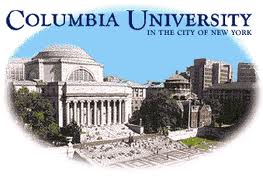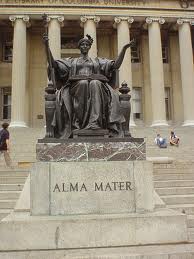Consumption
Already Marin (2008, P. 04) of the one direction well ampler for this college: The term perception, derived from Latin perception, is defined in the majority of the dictionaries of the Portuguese language as: act or effect to perceive; combination of the directions in the recognition of an object; reception of a stimulaton; college to know independently of the directions; sensation; intuition; idea; image; intellectual representation. Perception then is the college to recognize and of the direction to the recognition of something of which already some idea is had. It is the capacity of if glimpsing perspectives in the ambient education in the schools, the direction to contribute for the acquisition of attitudes and empoderamento of ambient and cultural knowing of certain population or community. Thus, the perception and the work differentiated in the school of basic education have paper of great relevance for the promotion of the ambient preservation, maintenance of the customs and to repass of the knowledge of these communities. FINAL CONSIDERAES The studies carried through on the peoples quilombolas, despite of preliminary form, it made possible the knowledge of aspects differentiate that them of the majority of the population, its origins, the especificidade of its culture, the relation of proximity with the land, and not yet pautarem themselves in the relations imposed for the capital: the consumption for the consumption.
that, even so consistent, the relation of quilombolas with the land not if it simply gave for the question preservation, and yes for survival necessity. Differentiations with regard to the urban black population are also standed out. Therefore, while the population quilombola survives of the work of the land, the urban black population survives of the wage-earning work cultivating differentiated habits and customs, having these in common the discrimination and the preconception of color. The ambient education if configures as alternative of sustainable change for preservation of the nature.




